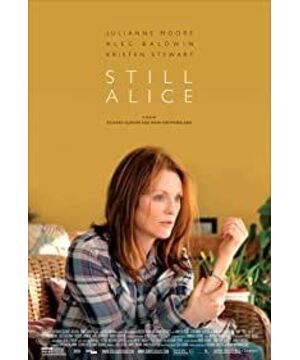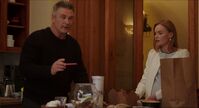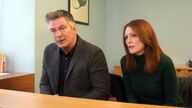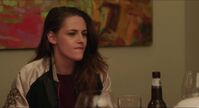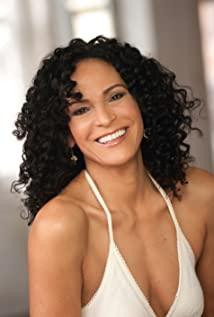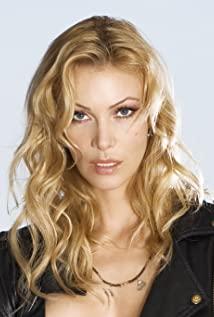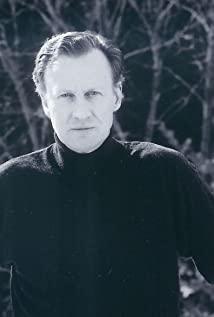(rough google translate, please don't blame)
I've known this movie for a long time, but I wasn't that interested in watching it because I thought it was really frustrating. Indeed, after watching this movie, although the ending is relatively warm, it does make me very depressed. This movie is more realistic because it matches the symptoms I know. However, the film also has some inaccuracies in its portrayal of Alzheimer's disease.
First, Alice was diagnosed with early-onset familial Alzheimer's disease, which is relatively rare compared to late-onset Alzheimer's disease. Early-onset familial Alzheimer's begins around age 40-50. So Alice was accurate in diagnosing early-onset familial Alzheimer's when she was 50 years old. Her symptoms progressed in the early, middle and late stages of Alzheimer's disease. She first occasionally lost her memory of vocabulary. Then when she was in her mid-stage, she lost memory of basic facts like where she lived and developed symptoms of depression. In the end, her language barrier gradually prevented her from working properly, and her memory didn't help, and basically couldn't remember things without the help of note-taking.
In addition, the film accurately shows the possible inheritance pattern of early-onset Alzheimer's disease. In the movie, her eldest daughter inherits the chance of developing Alzheimer's. In some studies, early-onset Alzheimer's does show more evidence that certain family members have a higher chance of having the disease because of heredity.
On the other hand, the progression of Alice's worsening symptoms is not very accurate. Alzheimer's patients can live four to eight years after diagnosis, and some may live up to 20 years. Alice's deterioration was a little too fast. It only takes one year to become advanced or worse.
Overall, while some parts of the movie may not accurately describe the stages, symptoms, and progression of Alzheimer's, I think it's a great movie considering the movie needs to be more dramatic than real life .
View more about Still Alice reviews


